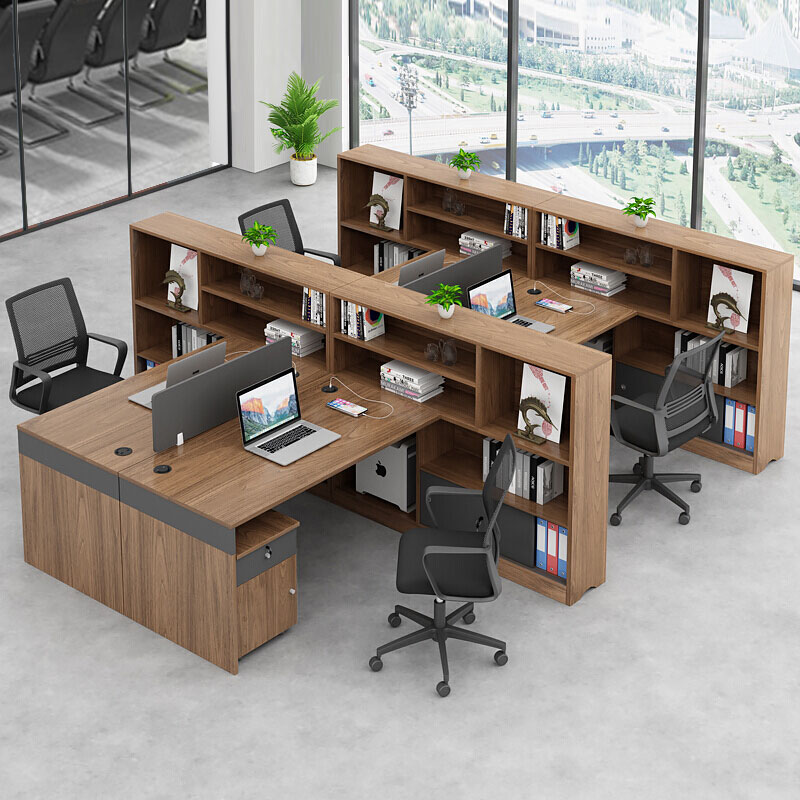How to Choose Office Desks and Chairs for Building Company Culture
Selecting the right office furniture is key to creating a productive and engaging workplace. Office desks and chairs play a vital role in shaping company culture. They impact employee comfort, collaboration, and overall morale. This guide explores how to choose beautiful office furniture that align with your company’s values and boost workplace efficiency.

Why Office Furniture Matters for Company Culture
Office furniture influences how employees interact and perform daily tasks. Well-designed desks and chairs promote comfort, reduce fatigue, and encourage teamwork. A thoughtfully arranged workspace reflects your company’s commitment to employee well-being. Poorly chosen furniture, however, can lead to discomfort and lower productivity.
Comfortable seating and functional desks create an environment where employees feel valued. This fosters a positive culture, boosting motivation and creativity. Investing in quality furniture shows employees that their health and satisfaction matter.
Key Factors in Choosing Office Desks
When selecting desks, consider size, layout, and functionality. Desks should fit the office space without crowding it. Open-plan offices benefit from modular desks that encourage collaboration. For individual tasks, choose desks with ample surface area for computers and documents.
Ergonomic design is crucial. Adjustable desks allow employees to switch between sitting and standing. This reduces strain and improves focus. Opt for durable materials like wood or metal for long-term use. Ensure the desk design aligns with your brand’s aesthetic to create a cohesive look.
Choosing the Right Office Chairs
Chairs are the backbone of office comfort. Look for ergonomic chairs with adjustable height, lumbar support, and armrests. These features reduce back pain and improve posture. Employees spend hours sitting, so comfort is non-negotiable.
Consider breathable materials like mesh for better ventilation. Swivel chairs with wheels offer mobility, ideal for dynamic workspaces. Test chairs for comfort and durability before purchasing. A good chair supports health and enhances productivity.
Aligning Furniture with Company Values
Your furniture choices should reflect your company’s mission. For example, a creative agency might choose vibrant, modern designs to inspire innovation. A law firm may prefer sleek, professional furniture to convey authority. Aligning furniture with your brand creates a consistent identity.
Sustainability is another factor. Eco-friendly materials show a commitment to environmental responsibility. This resonates with employees and clients who value green practices. Choose furniture that supports your company’s core values for a stronger culture.
Encouraging Collaboration and Flexibility
Furniture layout impacts teamwork. Arrange desks to facilitate communication in collaborative settings. Flexible furniture, like movable desks or stackable chairs, adapts to different tasks. This supports hybrid work models and dynamic team needs.
Create spaces for both individual focus and group discussions. Breakout areas with comfortable seating encourage informal meetings. Flexible furniture fosters adaptability, a key trait of a thriving company culture.
Budget and Long-Term Investment
Balancing cost and quality is essential. High-quality furniture may cost more upfront but saves money over time. Durable desks and chairs reduce replacement costs and maintain a professional appearance. Set a budget that prioritizes employee comfort and brand alignment.
Explore options from trusted suppliers to find cost-effective solutions. Quality furniture is an investment in your employees and company culture. Avoid cutting corners, as cheap furniture can harm morale and productivity.
Choosing the right office desks and chairs is more than a practical decision. It shapes your company culture, supports employee well-being, and reflects your brand. Focus on ergonomics, flexibility, and alignment with your values. Thoughtful furniture choices create a workplace where employees thrive.
